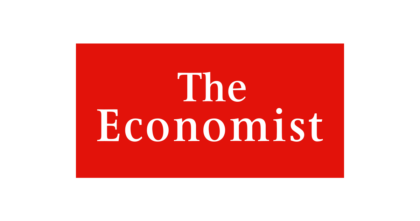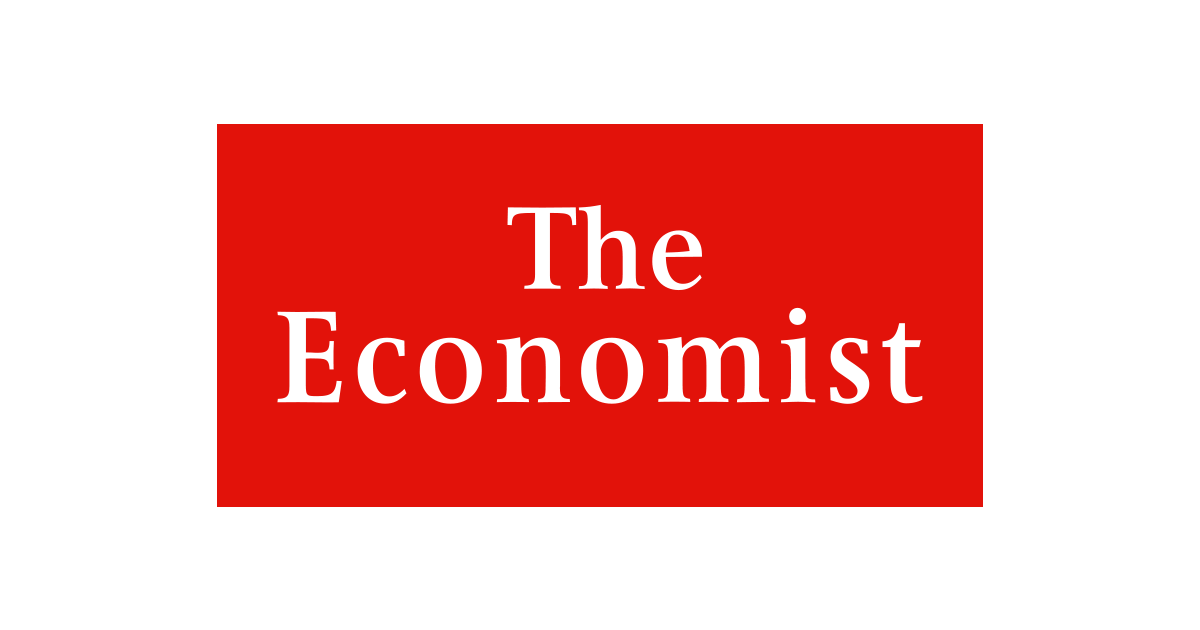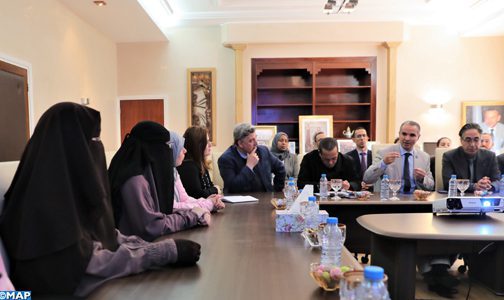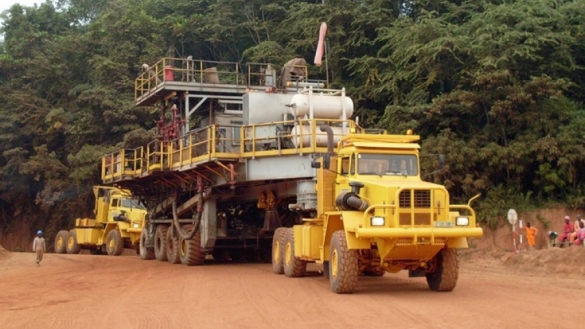 On Dec 16, the famous British weekly magazine, The Economist, derailed from its principles of objectivity and gave an example of stark bias in an article that tells the Sahara conflict solely from the perspective of Algeria and its puppet the Polisario, sugarcoated with neo-colonial analysis that fails to notice that Morocco as a nation did not wait for a colonial power to define it.
On Dec 16, the famous British weekly magazine, The Economist, derailed from its principles of objectivity and gave an example of stark bias in an article that tells the Sahara conflict solely from the perspective of Algeria and its puppet the Polisario, sugarcoated with neo-colonial analysis that fails to notice that Morocco as a nation did not wait for a colonial power to define it.
The following article debunks point by point the fallacies propagated by a media that has all but failed to uphold the ethics of balanced reporting.
The Economist revealed a lack of geopolitical insight by speaking about the Polisario as if it is an independent movement that can take its own decisions by itself and ignored that the separatist movement is based in Algeria, a country where a military junta has denied freedom for its own people.
It started speaking about the conflict, as most western media does, from Spanish colonialism as if the advent of Spanish forces was the start of history, ignoring that the territory has been for centuries part of different Moroccan empires.
The logic of starting the history of the territory from the Spanish occupation underscores a superiority complex inherent to Westerners. The Economist unfortunately subscribed into that neo-colonial logic assuming that Morocco like most African states is a colonial creation.
The magazine went on to claim that Morocco uses tax incentives and subsidies to encourage people to settle in the Sahara. This claim ignores that the Sahara in the Moroccan discourse is a region like any other Moroccan region where citizens are free to settle and seek a living.
Morocco has invested so much in the Sahara, which it calls southern provinces, to an extent that the territory outperforms the rest of Morocco in national human development indicators. For every one dirham generated in the Sahara, Morocco spends seven dirhams. The argument of economic exploitation is refuted by indicators on the ground.
“The Kingdom sees Western Sahara as its gateway to Western Africa,” wrote The Economist without seeking to speak to a Moroccan official source like any respectable media. Morocco sees Mauritania or Senegal as its gateway to Africa but the Sahara is part and parcel of Morocco first besides being a gateway.
The writer of the article apparently did not do his homework concerning the UN process. He or she accused Morocco of blocking the referendum for self-determination and failed to consider the real causes that prevented the vote, notably failure to agree on a list of people eligible to vote.
The Economist also failed to read the latest UN Security Council Resolution on the Sahara which omitted reference to the referendum option and instead calls for a realistic and mutually acceptable solution based on compromise. The UN has also underlined that the UN mission should be reoriented to meet that goal in a hint that the referendum will be sent to oblivion due to its unfeasibility.
The Magazine has further showed its ignorance of the UN brokered ceasefire agreement and related military agreement saying that the Polisario controls the area east of the Morocco-build security wall. In fact, these areas are considered demilitarized areas and buffer zones where the Polisario has often violated the ceasefire agreement. Any attempt by the Polisario to set up any permanent installations will lead to a firm Moroccan response.
Speaking of indigenous people, The Economist said they were not considered before US declared support for Morocco on the Sahara and said that the Sahraouis protested in Guerguarat. The magazine speaks about Sahraouis under the Polisario yoke as if they are speaking about people living in Scandinavian nations enjoying freedom of speech and movement and fell short of pointing out to the inhumane conditions imposed by Algeria and its creation the Polisario and their oppression of the people in the camps.
Moreover, the magazine portrayed Morocco’s operation to open the Guerguarat road to international traffic as “an aggression” where in fact all democratic countries lauded Morocco’s action and stressed the need to respect the free flow of people and goods.
By abandoning the ceasefire, the Polisario has shown that support for its Algerian-sponsored separatism has waned and has lost credibility within the UN as a peace partner.
The US support for Morocco’s territorial integrity came as a result of a long process of efforts undertaken by Morocco to resolve the conflict peacefully to no avail due to Algeria’s obstinacy and its intent on using the Polisario to unsettle Morocco.
Saying that Algeria competes with Morocco in African markets, as the Economist wishfully thinks, is another myth that is unacceptable for such a media that boasts world-class economic editors. Algeria is a state that has nothing to export but oil and gas as well as terrorism to the Sahel region. In Africa, Morocco can be compared with South Africa or France they are all in the premier league. Algeria is in an amateur league and has come to symbolize all that is wrong with the African economy: rent, corruption and domination of men in uniform over business life.
To sum up, The Economist has fallen short of upholding the values of ethical reporting by publishing a one-sided story that sugarcoats the banditry of the Polisario and whitewashes the Algerian regime’s role in a conflict that is created by colonialism and that Morocco tries to correct as part of a process to achieve its territorial integrity as a country that existed before the advent of colonialism.



